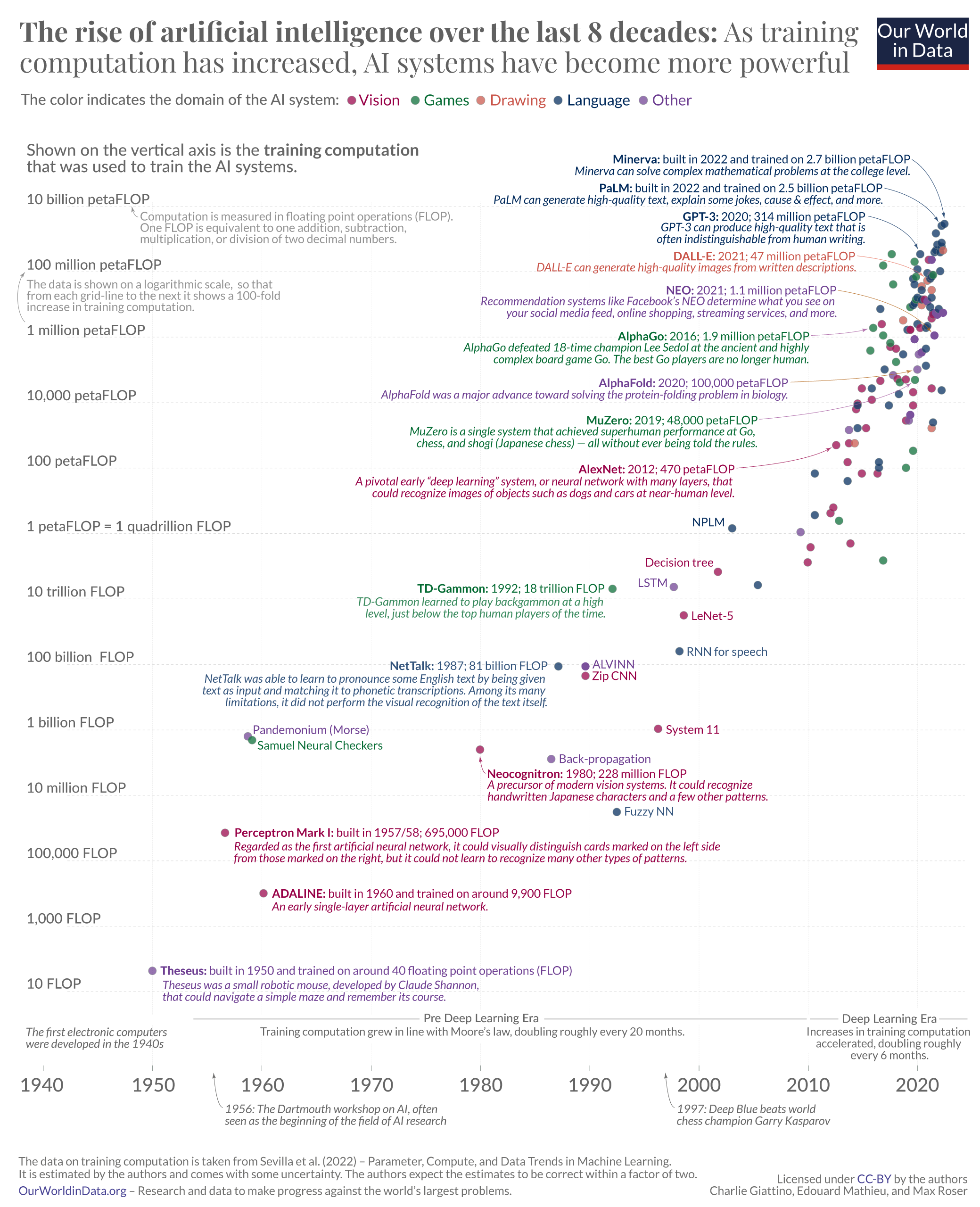We asked:
What are the ethical implications of artificial intelligence and how can we ensure that the development of AI aligns with our moral values?
Simplified Overview:
Crypto AI is a new platform that uses artificial intelligence and machine learning to create digital assets. This technology allows for more efficient and accurate creation of cryptocurrencies and other digital assets.
Insider Look:
The History of Artificial Intelligence
Artificial Intelligence (AI) has become an integral part of our lives in the recent past. From Siri to Alexa, we use AI to make our lives easier. But have you ever wondered about the history of AI? Let's take a look!
The term AI was first coined in 1956 at the Dartmouth Conference, where scientists developed a plan for artificial intelligence research. Early AI research focused on problem-solving, symbolic reasoning, and decision-making. However, progress was slow due to limited computing power and data size.
In the 1960s, new AI programming languages were developed, and the field grew rapidly. Machine learning algorithms, neural networks, and expert systems were developed, and researchers began to apply AI to problems in healthcare, finance, and aerospace. However, AI development faced a setback in the 1970s when it became apparent that the early approaches were limited in their ability to solve complex problems.
In the 1980s, new techniques such as fuzzy logic and genetic algorithms were developed, and computing power and data storage increased. These advancements led to breakthroughs in robotics, natural language processing, and image recognition. However, progress was still slow, and AI remained an academic field rather than a practical application.
In the last decade, AI development experienced a remarkable resurgence. Advances in machine learning and deep learning led to breakthroughs in image recognition, speech recognition, natural language understanding, and robotics. AI is now used in a range of services, from search engines to self-driving cars. AI has also made significant contributions to fields such as medicine, finance, and transportation.
Looking to the future of AI, there is no doubt that its impact on society will continue to grow. As AI becomes more integrated into our lives, it will play a significant role in determining the direction of technological advances. While there are concerns about AI's potential to displace human labor and invade privacy, AI holds enormous potential for improving our quality of life and advancing scientific research.
In conclusion, AI has come a long way since its inception. Its history is marked by significant advancements, and it has transformed the field of computing. Its future, no doubt, holds significant promises and will continue to shape technological advances in our society.
Artificial Intelligence (AI) has become an integral part of our lives in the recent past. From Siri to Alexa, we use AI to make our lives easier. But have you ever wondered about the history of AI? Let's take a look!
The term AI was first coined in 1956 at the Dartmouth Conference, where scientists developed a plan for artificial intelligence research. Early AI research focused on problem-solving, symbolic reasoning, and decision-making. However, progress was slow due to limited computing power and data size.
In the 1960s, new AI programming languages were developed, and the field grew rapidly. Machine learning algorithms, neural networks, and expert systems were developed, and researchers began to apply AI to problems in healthcare, finance, and aerospace. However, AI development faced a setback in the 1970s when it became apparent that the early approaches were limited in their ability to solve complex problems.
In the 1980s, new techniques such as fuzzy logic and genetic algorithms were developed, and computing power and data storage increased. These advancements led to breakthroughs in robotics, natural language processing, and image recognition. However, progress was still slow, and AI remained an academic field rather than a practical application.
In the last decade, AI development experienced a remarkable resurgence. Advances in machine learning and deep learning led to breakthroughs in image recognition, speech recognition, natural language understanding, and robotics. AI is now used in a range of services, from search engines to self-driving cars. AI has also made significant contributions to fields such as medicine, finance, and transportation.
Looking to the future of AI, there is no doubt that its impact on society will continue to grow. As AI becomes more integrated into our lives, it will play a significant role in determining the direction of technological advances. While there are concerns about AI's potential to displace human labor and invade privacy, AI holds enormous potential for improving our quality of life and advancing scientific research.
In conclusion, AI has come a long way since its inception. Its history is marked by significant advancements, and it has transformed the field of computing. Its future, no doubt, holds significant promises and will continue to shape technological advances in our society.
Key Takeaways:
Story Highlights in 3 words:
AI, Evolution, Progress
Winners & Losers:
Pros:
1. Crypto AI's use of AI and machine learning technology could potentially create more efficient and effective digital assets.
2. The launch of Crypto AI could help to further legitimize the cryptocurrency industry and increase its mainstream adoption.
3. The ability to create digital assets through Crypto AI could provide new opportunities for investors and traders in the cryptocurrency market.
Cons:
1. There is still some uncertainty and skepticism surrounding the use of AI and machine learning in the creation of digital assets.
2. The potential for increased efficiency and effectiveness through Crypto AI could also lead to increased competition and market saturation in the cryptocurrency industry.
3. There may be concerns about the security and stability of digital assets created through Crypto AI, particularly in the face of potential cyber attacks or other threats.
Bottom Line:
In summary, Crypto AI has officially launched and is utilizing AI and machine learning to develop innovative digital assets.

Ref.
Join The Conversation!





